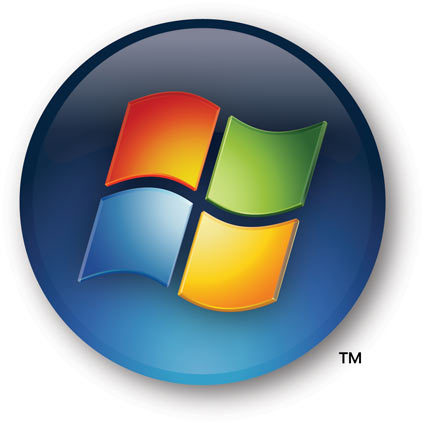Windows Vista's SuperFetch and ReadyBoost Analyzed
Cache Me If You Can!
Windows Vista has been available only for few days and opinions about the new operating system are controversial. Some like it; others mistrust it and the business strategy that may be behind it. The new OS brings noticeable improvement in usability, accessibility and networking features, which helps less experienced users to get along. On the other hand it requires much more hardware resources, dumps native OpenGL support, performs slightly behind Windows XP and requires at least new drivers for many of your devices. In the worst case, your preferred applications may not even work anymore and Vista will not only require new hardware, but several software upgrades as well.
Windows has been the dominant client/end user PC operating system for more than a decade, which has predictable effects on new releases. If Microsoft decided to turn its operating system inside out, it can literally do so, because there is no real choice. Windows has become the ecosystem for our digital life. Though there are alternatives, most of them lack convenience, support, funding or the proper marketing. Vista is a prime example of strategic and technological modifications that involve the whole industry. Although Windows is barely catching up to what Mac OS X has already offered, no one can deny that Windows Vista is the better Windows from a user's perspective. That's why Microsoft has an excellent position marketing the advantages. Windows feels fluffy, and the new Windows Vista feels even fluffier, which makes it very easy to accept it - despite all odds. Finding your Windows alternative and getting used to it is time-consuming, which prevents most users from even trying. Eventually, using Windows is a matter of convenience for many people.
It will take time until drivers and updates for all your hardware (and software) will be available. However, don't expect too much support for older hardware. If you fail to find updates for your devices by the middle of 2007 then you better prepare to replace it. Vista is a very significant release - both for the end user and for both the hardware industry and the software vendors.
Whether you embrace or reject the Vista wind of change, Windows has learned to serve you better. We've already discussed the usability advantages that Vista will give you. But there is much more to talk about, covered under the colorful AeroGlass hood. Microsoft's Vista requirements envisioned a better overall user experience, which means that Vista supposedly runs smoother. This doesn't refer to application execution performance, but to ironing out delays that we've come to accept with Windows XP. We have to wait every time you start the system or launch an application, which is because applications have to be loaded from the hard drive.
Vista comes with two mechanisms that effectively reduce the time required to launch popular applications: SuperFetch analyzes your behavior and proactively puts applications into available main memory, so they can be launched quicker. Of course this requires as much main memory as possible, which is where the second feature engages: ReadyBoost allows expanding the main memory size by plugging in a USB 2.0 Flash drive. Although the data transfer performance of USB 2.0 devices cannot compete with modern hard drives, access times for Flash memory are literally nonexistent, making these devices a nice and particularly cheap choice.
Here is a summary of our Vista coverage that preceded this article:
- Windows Vista Ultimate, A Hands-On Diary
- Gameplay Stinks with RTM Vista and Current Drivers
- Countdown To Windows Vista: The THG Rundown
Join our discussion on this topic
Get Tom's Hardware's best news and in-depth reviews, straight to your inbox.

Patrick Schmid was the editor-in-chief for Tom's Hardware from 2005 to 2006. He wrote numerous articles on a wide range of hardware topics, including storage, CPUs, and system builds.
-
Trashing the harddrive every time you close a big app... to load in a bunch of "guesses", that get thrown out and over written by the next big app you load, is a waste of resources and puts 2 times the wear and tear on your harddrive.Reply
Think about it. You have a house. You move in some furniture. You don't like the furniture, so you take it out. While you are deciding what next to put in, a little magic fairy guesses what furniture you might like, buys it on your credit card, and pays movers to move it in.
You're still at the store, you finally decide what furniture you want... you buy it, pay movers to deliver it, and find your house full of crap furniture you didn't want that the fairy guessed you wanted. Maybe he got it right, but more than likely he got it wrong. You have to throw out this furniture, which takes a little time, and then move in your furniture.
It would of been cheaper and faster if the magic fairy had done nothing and left your house empty until you decided what next you wanted to do.
This happens over and over, every time you close one app, and open another.
If you are grandma and have lots of ram you're not using, because all you do is run wordpad and one IE window, superfetch works great. Wooo, look, paint just opened right up. But if you are a power user who pushes their ram to the limit all the time and has fifty million windows open... or a laptop user on batteries... superfetch sucks ass and should be disabled.
Power users, do the right thing, shoot the fairy and take back your credit card.
